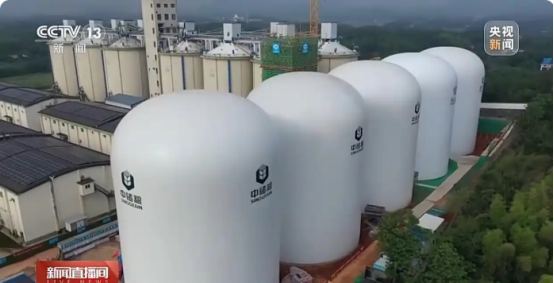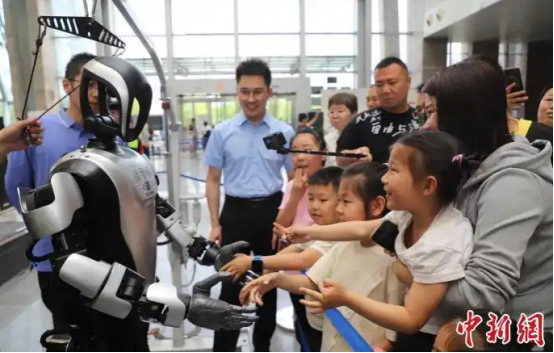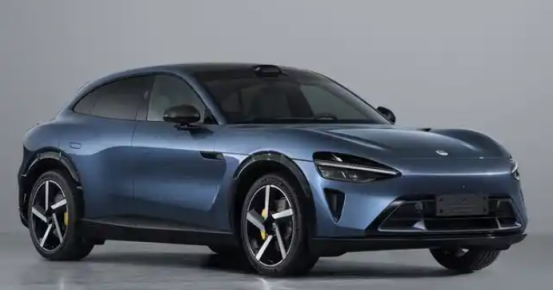In Changsha, Hunan Province, as the last gas film warehouse was inflated and formed, five white granaries stand side by side. Each granary has a diameter of 24 meters and a height of 33 meters. One granary can store 9,000 tons of grain, which can meet the one-day ration needs of 23 million people, marking the iterative upgrading of China's grain storage facilities.
The most special feature of the gas film warehouse is that it puts on both a "raincoat" and a "cotton coat" for the traditional granary. For the storage of grain, its airtightness is more than six times that required by national high-standard granaries, and its heat preservation and insulation performance is more than three times that of traditional shallow round granaries.

The researchers from the Shenzhen Institutes of Advanced Technology, Chinese Academy of Sciences, Shenzhen University, and The Chinese University of Hong Kong have imitated the slender shape and wavy movement ability of nematodes to develop a micro-robot made of hemogel fibers with a diameter of 1 millimeter. They have utilized a magnetic field to drive this "mechanical nematode" to achieve precise drug delivery in the intracranial cavity of animals. The research findings were published online in Nature Biomedical Engineering, a prestigious international journal under the Nature brand, at Beijing time on May 1st.

During the May Day holiday, science and technology museums across the country, with the theme of "Advocating for Innovation and Creation", launched a variety of rich and colorful science popularization activities such as immersive exhibitions, interactive experiments, and maker workshops, helping innovative achievements move from the laboratory to the public life. According to preliminary estimates, the cumulative number of visitors to science and technology museums across the country exceeded 3 million.

Recently, many famous scenic spots such as Huangshan, Mount Tai, Huashan, and Lushan have successively introduced intelligent mountain - climbing assistance products, including mountain - climbing exoskeletons, intelligent patella belts, and hiking poles. These intelligent devices can be rented at the starting point at the foot of the mountain or on the way up the mountain to assist with climbing, allowing tourists to enjoy the scenery along the way and have a better sightseeing experience. Therefore, they are also known as "mountain - climbing magic tools".
The Mount Tai Scenic Area is one of the first in the country to introduce "exoskeleton robots" to assist with mountain - climbing. This robot, which resembles an "intelligent hiking pole", can not only assist with walking and monitor the wearer's physical condition in real - time but also has functions such as emergency calls and scenic - spot explanations.

Xiaomi Automobile has indirectly confirmed for the first time that its second model, the YU7, will make an appearance at the next auto show. This mid-to-large-sized pure electric SUV is equipped with batteries from Contemporary Amperex Technology Co., Limited (CATL) and is expected to be launched in June or July 2025. The YU7 continues the coupe style of the SU7, with an aerodynamic drag coefficient of only 0.23Cd. The single-motor version has a cruising range of up to 835 kilometers, and its interior features a disruptive design of a surround-type remote screen.
